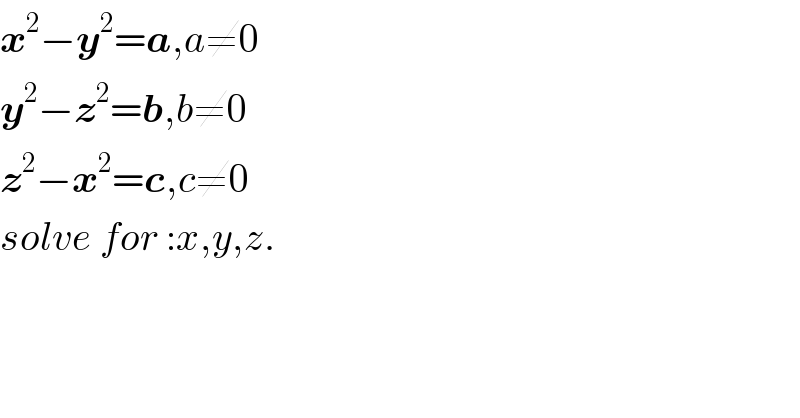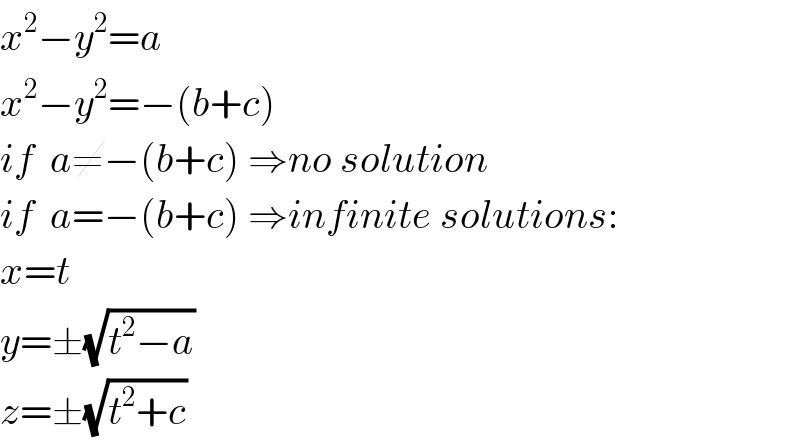
Question and Answers Forum
Question Number 50747 by behi83417@gmail.com last updated on 19/Dec/18

Commented by behi83417@gmail.com last updated on 19/Dec/18

Commented by ajfour last updated on 19/Dec/18

Answered by mr W last updated on 20/Dec/18

| ||
Question and Answers Forum | ||
Question Number 50747 by behi83417@gmail.com last updated on 19/Dec/18 | ||
 | ||
Commented by behi83417@gmail.com last updated on 19/Dec/18 | ||
 | ||
Commented by ajfour last updated on 19/Dec/18 | ||
 | ||
Answered by mr W last updated on 20/Dec/18 | ||
 | ||
| ||